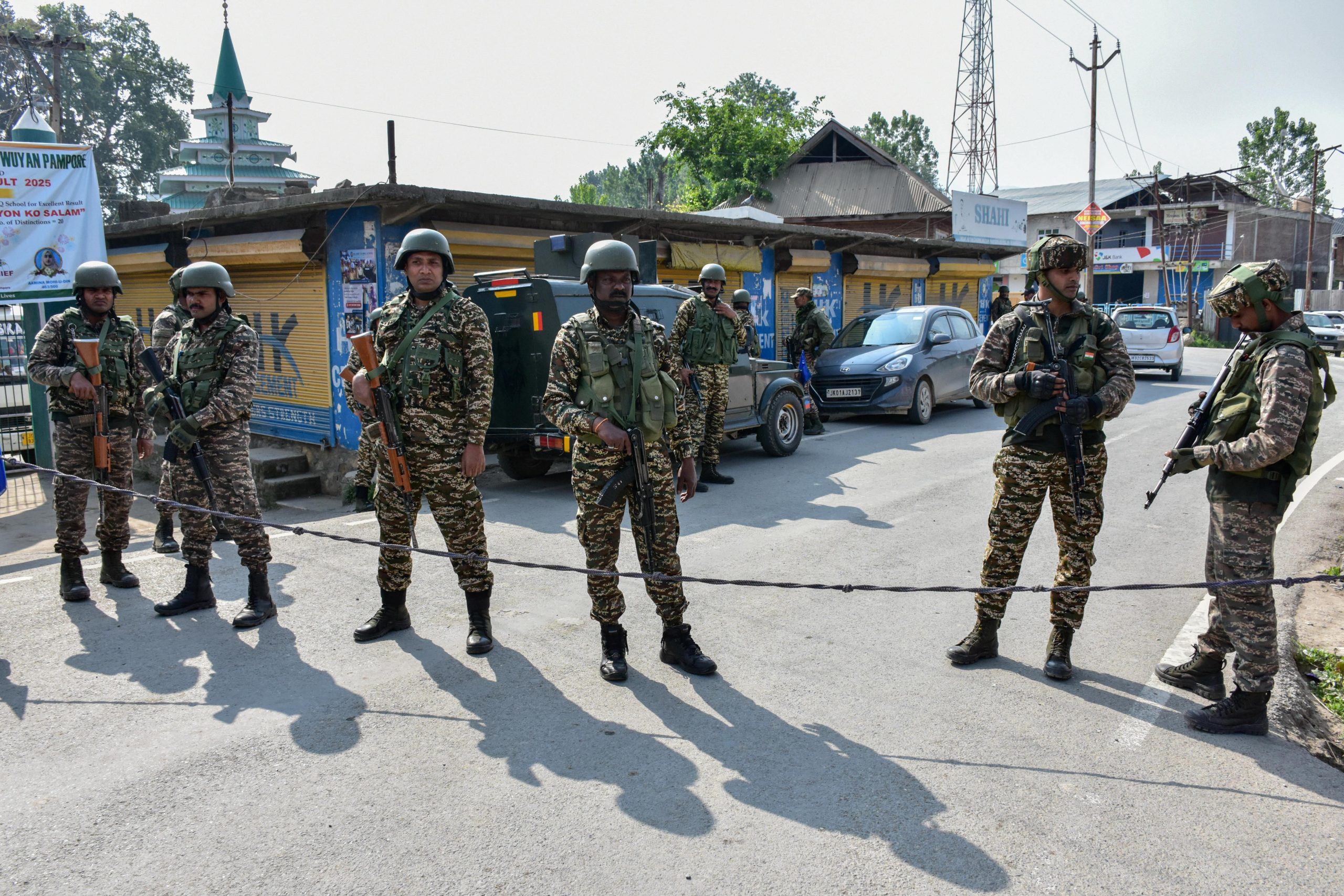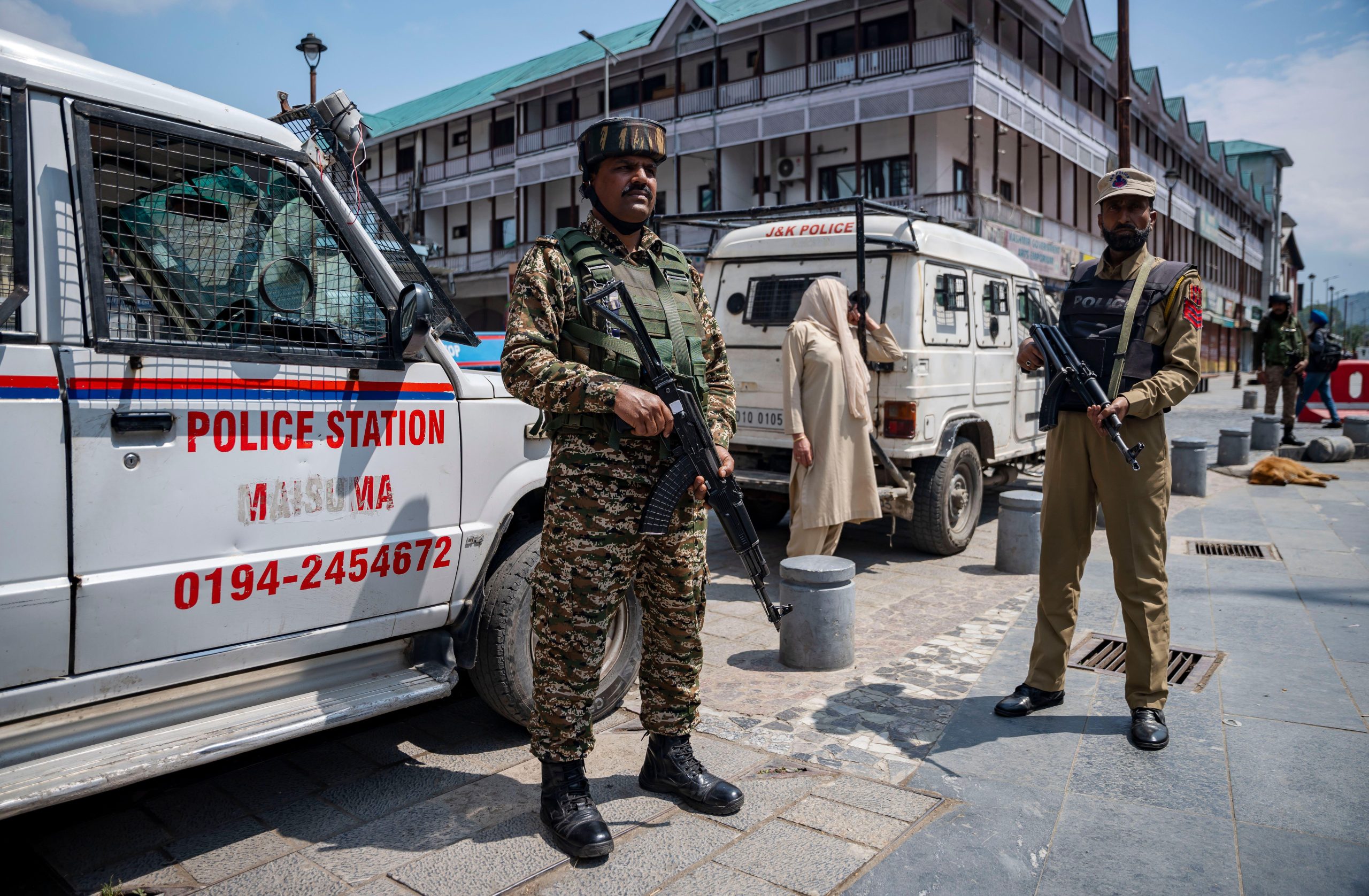The film of Salman Rushdie’s Midnight’s Children is set to be released on 1 February. If the team behind the movie adaptation is at all nervous about screening the film they have good reason. Rushdie, who wrote the screenplay, and has been the literary face for freedom of expression for years, has a tumultuous history of censorship with India.
The Booker prize-winning book is about two children, born at the stroke of midnight as India gained its independence. Their lives become intertwined with the life of this new country.
One of the figures in the book, The Widow, was based on former Prime Minister Indira Gandhi. In the book, the character, through genocide and several wars, helps destroy Midnight’s Children. Gandhi had imposed a widely-criticised State of Emergency in India.
In an interesting turn of events, Gandhi threatened Rushdie libel over a single line. That line suggested that Gandhi’s son Sanjay had accused his mother of bringing about his father’s heart attack through neglect. Rushdie settled out of court, and the single line was removed from the book.

The movie adaptation of Salman Rushdie’s Midnight’s Children
The real controversy that followed, the one that changed Rushdie’s life completely, came after the 1988 release of his book The Satanic Verses. While the Iranian supreme leader Ayatollah Khomeini had issued a fatwa against Rushdie and called for his execution (citing the book as blasphemous), the author saw many countries, including India, indulge in their own brand of censorship.
As has been revealed in Rushdie’s memoir Joseph Anton, the author felt the Indian government banned his book without much scrutiny. The Finance Ministry banned the book under section 11 of the Customs Act, and in that order stated that this ban did not detract from the literary and artistic merit of his work. Rushdie, appalled at the logic penned a letter to the then prime minister of India, Rajiv Gandhi, stating:
Apparently, my book is not deemed blasphemous or objectionable in itself, but is being proscribed for, so to speak, its own good… From where I sit, Mr Gandhi, it looks very much as if your government has become unable or unwilling to resist pressure from more or less any extremist religious grouping; that, in short, it’s the fundamentalists who now control the political agenda.
Rushdie was right, of course. Years later, in 2007, he attended the first Jaipur Literary Festival in India unnoticed. Without any security or fuss, he arrived unannounced, mingling with the crowd. Things had changed dramatically by 2012, when Rushdie’s arrival to the now must-attend literary festival was much publicised, and predictably attracted controversy.
Maulana Abul Qasim Nomani, vice-chancellor at India’s Muslim Deoband School, called for the government to cancel Rusdie’s visa for the event as he had annoyed the religious sentiments of Muslims in the past. (Incidentally, Rushdie does not need a visa to enter India as he holds a PIO — “Person of Indian Origin” — card.)
The controversy escalated quickly, with the organisers first attempting to link Rushdie via video instead of having him physically present, but then cancelling the arrangement when the Festival came under graver physical threat. It was a sad day for freedom of expression in India, especially considering the fact that many, including Rushdie felt these moves were politically motivated because of upcoming elections in Uttar Pradesh, where the Muslim vote is very important. The government vehemently denied these claims.
Liberals in India were shocked at the illiberal values that the modern India state espoused, feigning to not be able to protect a writer and a festival against the threats of protestors. Shoma Chaudhary of Tehelka wrote:
The trouble is nobody any longer knows what Rushdie was doing in The Satanic Verses: neither those who are offended by him, nor those who defend him. Almost no one, including this writer, was given a chance to read the book.
Later in the year, initial press reports around Midnight’s Children revealed that the film could not find a distributor in India. The production team thought it might be a case of self-censorship as the film featured a controversial portrayal of Indira Gandhi. However, PVR Pictures, a major distributor in India, has plans to release the film in the country in February 2013.
31 years after the Midnight’s Children hit the stands, and the same year as he was bullied into cancelling a visit to a literary festival, it seems Salman Rushdie will yet again challenge Indian society. It remains to be seen if he will, yet again, become a pawn in the internal politics of the country.




